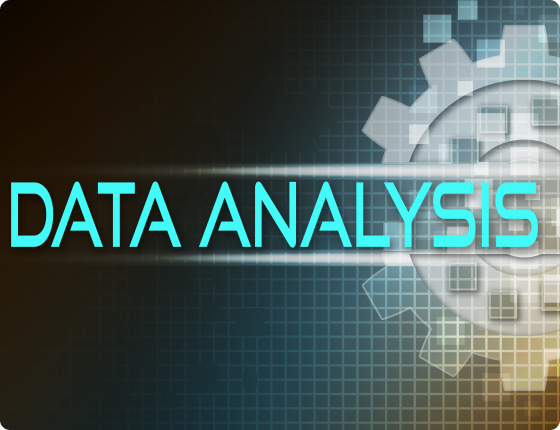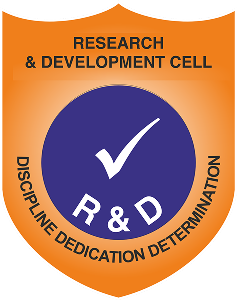Advanced Programs (Ph.D. Scholars & Faculty)
Advanced Programs (Ph.D. Scholars & Faculty)

Our Advanced Programs are suited for Ph.D. students and faculty members who have already gained a base in research and want to advance their methodological skills and analytical abilities. These programs explore more in-depth advanced research methods and advanced analytical strategies, allowing participants to conduct rigorous, creative research that is beneficially impactful in their respective disciplines.

Structural Equation Modeling (AMOS/PLS-SEM)
This advanced module delivers intensive training in Structural Equation Modeling (SEM), a strong statistical method for testing intricate relationships between variables. Participants learn both covariance-based SEM with the use of AMOS and variance-based SEM with the Partial Least Squares (PLS) approach. The module addresses model specification, identification, estimation, and validation, as well as advanced topics including measurement invariance, multi-group analysis, and non-normality handling. Through practical workshop with actual datasets, participants gain skills in constructing and estimating theoretical models, interpreting results, and overcoming typical problems of SEM application. This advanced training empowers participants to use advanced modeling techniques in their studies, elevating the methodological quality and theory contribution of their research.

Meta-Analysis for Systematic Reviews
This training offers an in-depth overview of meta-analysis, a statistical method for aggregating evidence from a collection of studies. Participants are taught the whole process of performing a systematic review and meta-analysis, from developing study questions and search strategies to data extraction, quality appraisal, and statistical synthesis. The course addresses several meta-analytic models, effect size computation, heterogeneity evaluation, publication bias assessment, and sensitivity analysis. Employing specialized software, participants get practical experience performing meta-analyses and interpreting results, allowing them to contribute to evidence-based practice in their areas.

Advanced Panel Data & Time Series Analysis (STATA/EViews/R)
This course provides comprehensive training in advanced time series and panel data analysis techniques. Students will develop skills in modeling dynamic relationships employing tools like ARIMA, VAR, VECM, and GMM, thus enabling them to investigate short-run fluctuations and long-run equilibria over time and across entities. The module is practice-oriented with actual datasets applied through STATA, EViews, and R, addressing model selection, diagnostic testing, forecasting, and volatility analysis. Participants are also exposed to unit root tests, cointegration methods, and more recent panel estimators like System GMM. Researchers will be able to manage intricate temporal and panel data structures by the end of the course, allowing for more reliable and precise empirical analysis in economics, finance, and social science.

Advanced Survey Design and Psychometrics
This module delves into designing and validating top-notch research instruments using advanced psychometric methods. Participants will learn Classical Test Theory (CTT) and Item Response Theory (IRT), in addition to receiving hands-on practice in reliability testing, validity examination, and item analysis. The course includes major topics like scale development, internal consistency (Cronbach's Alpha, Omega), common method bias, and construct validity through Exploratory and Confirmatory Factor Analysis (EFA/CFA). Measurement invariance testing between groups and conditions is specifically highlighted. With the help of software such as SPSS, AMOS, and R, participants will learn to design statistically valid instruments that lead to quality data for quantitative studies.

Advanced Multivariate Techniques (MANOVA, Factor, Cluster, Discriminant, Conjoint)
This course provides comprehensive learning of multivariate statistical techniques that are widely applied in behavioral, social, and market research. Participants will develop expertise in methods including MANOVA, Factor Analysis (EF and CF), Cluster Analysis, Conjoint Analysis, and Discriminant Function Analysis. Canonical Correlation Analysis for studying relationships between sets of variables is also covered in the module. There is focus on choosing the appropriate method to suit research goals, understanding multivariate results, and model validation using real-world datasets. With hands-on practice with software packages such as SPSS, AMOS, and R, the participants will be able to analyze intricate data structures, detect latent patterns, and make informed decisions in academic or applied research.


